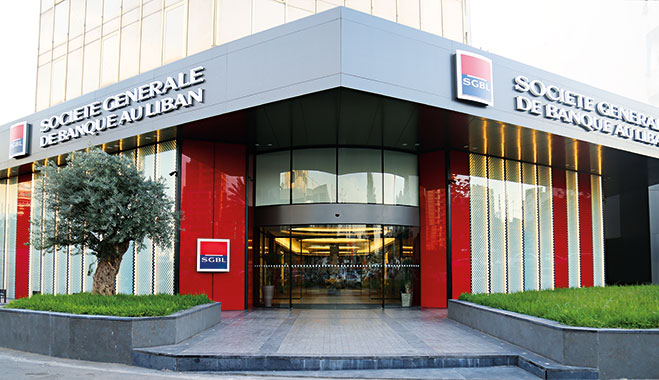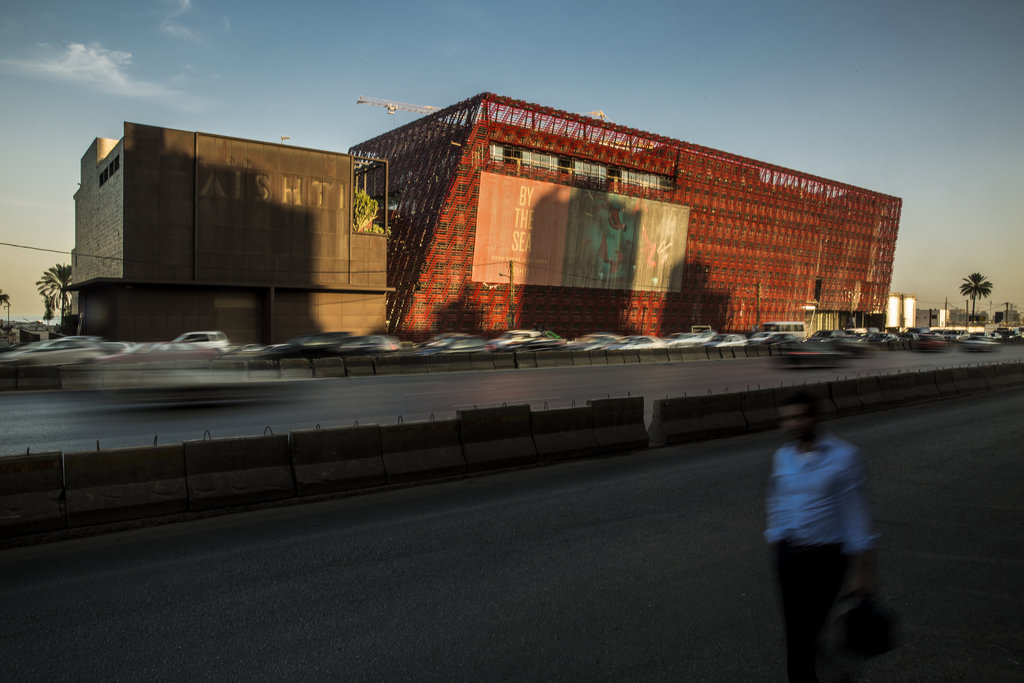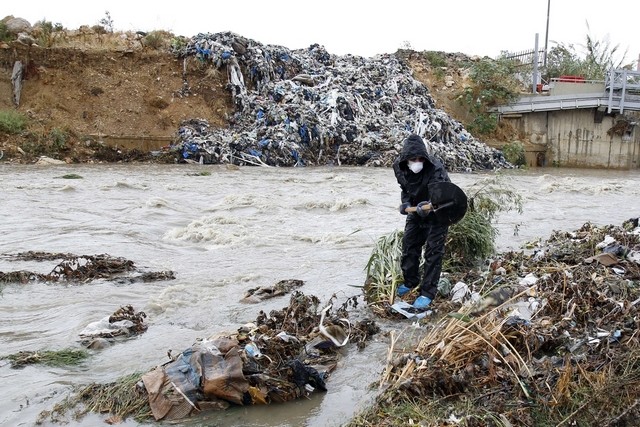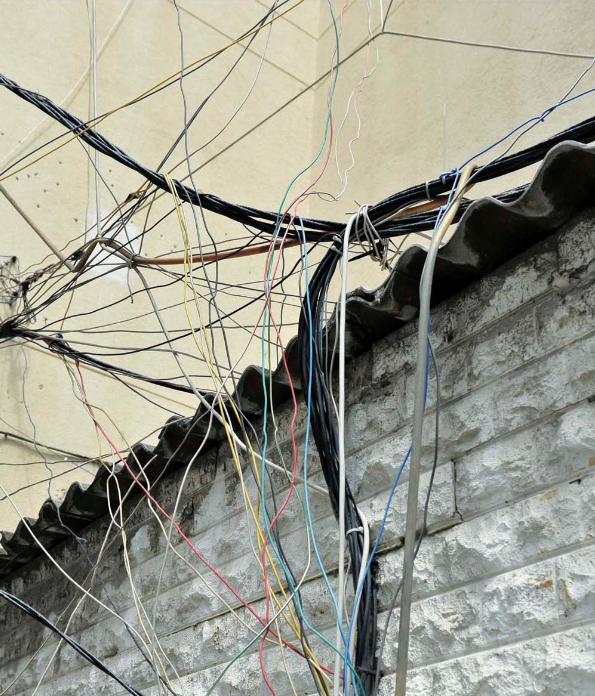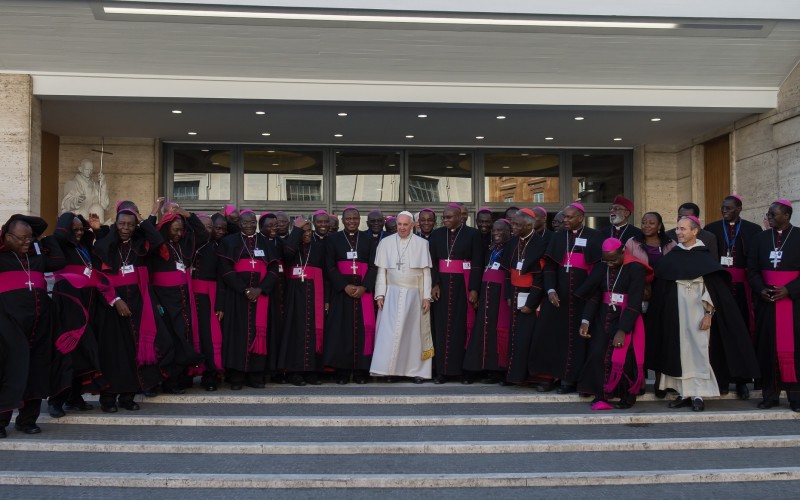There has been only one story coming out of Lebanon at the moment: the denouement of the environmental disaster that is a direct cause of the ongoing four-month rubbish crisis. Its consequences will have a direct effect on the political, social and economic future of the country for many months, perhaps even years, to come.
I lived in Lebanon for 22 years, from 1992 to 2014. During this time, I experienced three wars, a revolution and an attempted coup. The period involved the last 13 years of the Syrian occupation, which ended in 2005. Then we had five years of political assassinations and terror attacks before the outbreak of the Syrian civil war.
Quite a catalogue, you might think, but we never really lost our cool, because we Lebanese know we live in a tricky neighbourhood and that we are not always masters of our own destiny. In any case, not only have we been trained to knuckle down and get on with it, we have an inbuilt aversion to rocking the boat. If compromise can be achieved, why make a fuss? The latter is our Achilles heel.
No light at end of tunnel for Lebanon’s power crisis
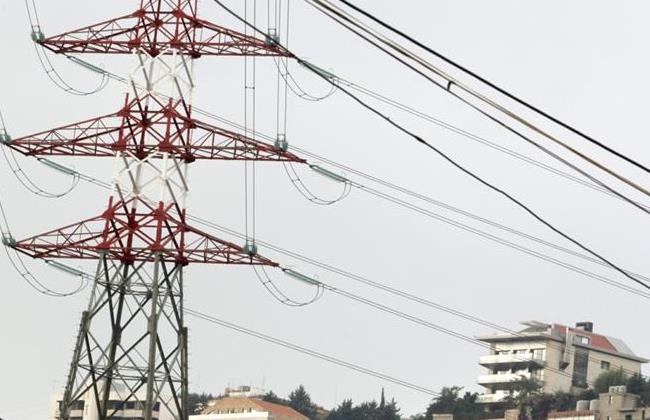
By Sylvia Westall
BEIRUT, Oct 26 (Reuters) – Four decades ago, Lebanon used to export power to its larger neighbour Syria. Now it barely generates enough electricity to keep street lamps on at night.
The situation is so bad that even people fleeing the conflict in Syria have been heard to complain.
Outages have plagued Lebanon since its own 1975-1990 civil war and the power crisis is a legacy of that conflict, with the country now shackled by paralysis in government and widely perceived corruption that has put a brake on development.
"The situation (with electricity) is not bearable for the Lebanese people any more," said Mustafa Baalbaki, the creator of a phone app, Beirut Electricity, which tracks outages and is used by 15,000 people daily.
Read more
Shia Muslims In Lebanon: Shedding Blood For Syria On The Day Of Ashura
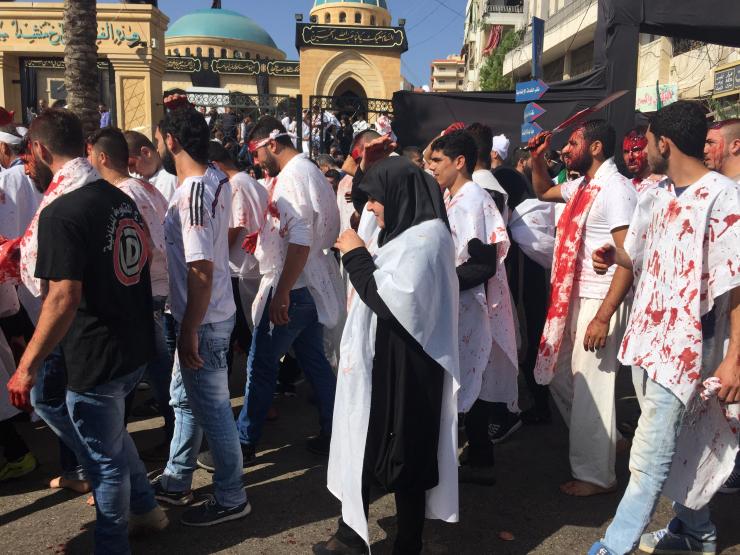
International Business Time
By Alessandria Masi
NABATIYE, Lebanon – Hundreds of bloodied faces fill Nabatiye Square on a Saturday morning in southern Lebanon, some belonging to children too young to walk. Boys and men are casually wielding swords large enough to be visible from a second floor balcony. In the sun, their open wounds ooze, and the air is rancid with raw flesh, a heaving mass that smells like a butcher’s shop.
This bloody spectacle is an annual tradition on the Day of Ashura, the tenth day of the first month in the Islamic calendar, when members of the Muslim Shia sect come together to mourn, with self-inflicted punishment, the battlefield death of Imam Hussein bin Ali bin Abi Taleb, a grandson of the Prophet Mohammed. In the town of Nabatiye, men show solidarity with Hussein by making small cuts to the crown of their heads before repeatedly striking themselves to ensure the incisions do not clot. The practice is symbolic, to express regret that the mourners are not able to fight alongside Hussein. But this year, the self-flagellation has taken on a more desperate quality — many in attendance believe they are continuing Hussein’s fight for Shiite Muslims on the battlefields of Syria, where the Lebanese Shiite militant group Hezbollah has been fighting alongside the Syrian regime.
Read more
Lebanon arrests, interrogates Saudi prince for carrying drugs
Security forces in Lebanon interrogate a Saudi prince on charges of carrying drugs on his private plane, Lebanese media say. Abd al-Muhsen bin Walid bin Abd al-Aziz Al Saud was detained on Monday at the Rafik Hariri International Airport in the Lebanese capital, Beirut, while in possession of 24 bags and eight suitcases full of narcotics. […]
Read more
A huge hail storm just made Beirut’s garbage crisis even worse
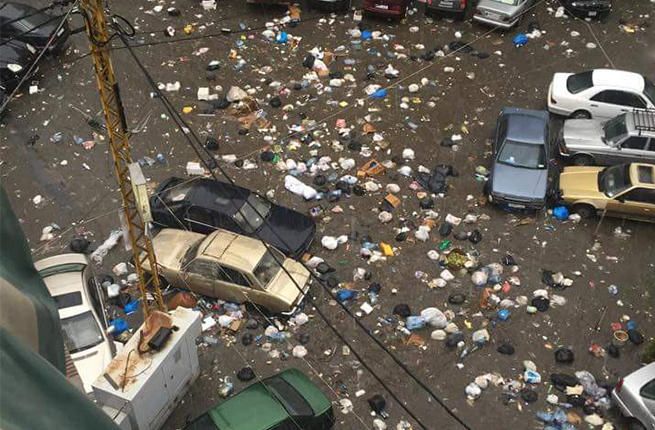
albawaba.com
If you thought the idea of giant piles of trash lining the streets of Beirut was pretty gross, imagine if those piles became mobile, soggy waste with a questionable-looking surface shine. Sound fun? Yeah, we didn’t think so either.
That’s the scene in Lebanon’s capital city right now, as an early winter storm of rain and hail reaked havoc across the Levant on Sunday.
Palestinian social media users shared videos of baseball-sized hail hitting cities in the West Bank, while Israeli media reported several were injured and one killed after accidents around Tel Aviv.
So Beirut isn’t the only one that’s knee-deep in the first stages of MENA’s winter months, but it’s probably the stinkiest. Lebanon’s trash saga began in July, when maintenance workers went on strike over the government’s failure to replace the dramatically-overfilled Naameh landfill. What ensued was the steady build-up of towers of plastic, food and metal waste all over Beirut.
Read more
Nasrallah emphasises dialogue for Lebanese
By Joseph A. Kechichian, Senior Writer, Gulf News
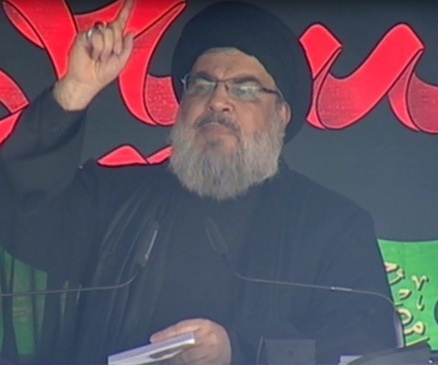
Cheikh Hassan Nasrallah, the Hezbollah militia leader, emphasised the necessity for dialogue among rival Lebanese politicians during his latest television appearance to mark the end of the annual Ashura commemorations.
Inciting emotionally-laden crowds who repented their forefathers’ alleged failures to assist Hussain Bin Ali at the battle of Karbala in 680, Nasrallah fell back on irony to criticise Lebanese elites. “They have waited for the Iranian nuclear agreement to be finalised thinking that Iran would abandon us, and it did not,” he hammered. “They have waited for the fall of Syria, but Syria will not fall,” he said. “They shall not benefit from this opportunity,” he drove the point home, declaring: “In Lebanon we are the masters of our decisions.”
Read more
